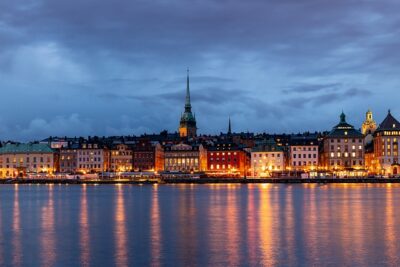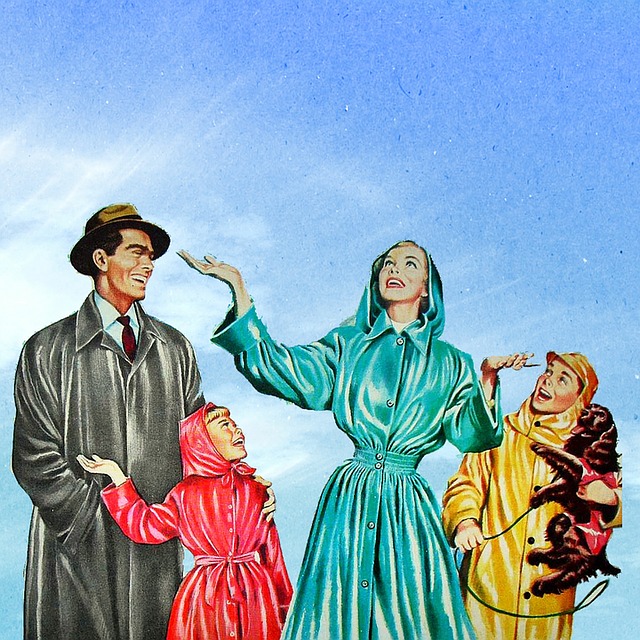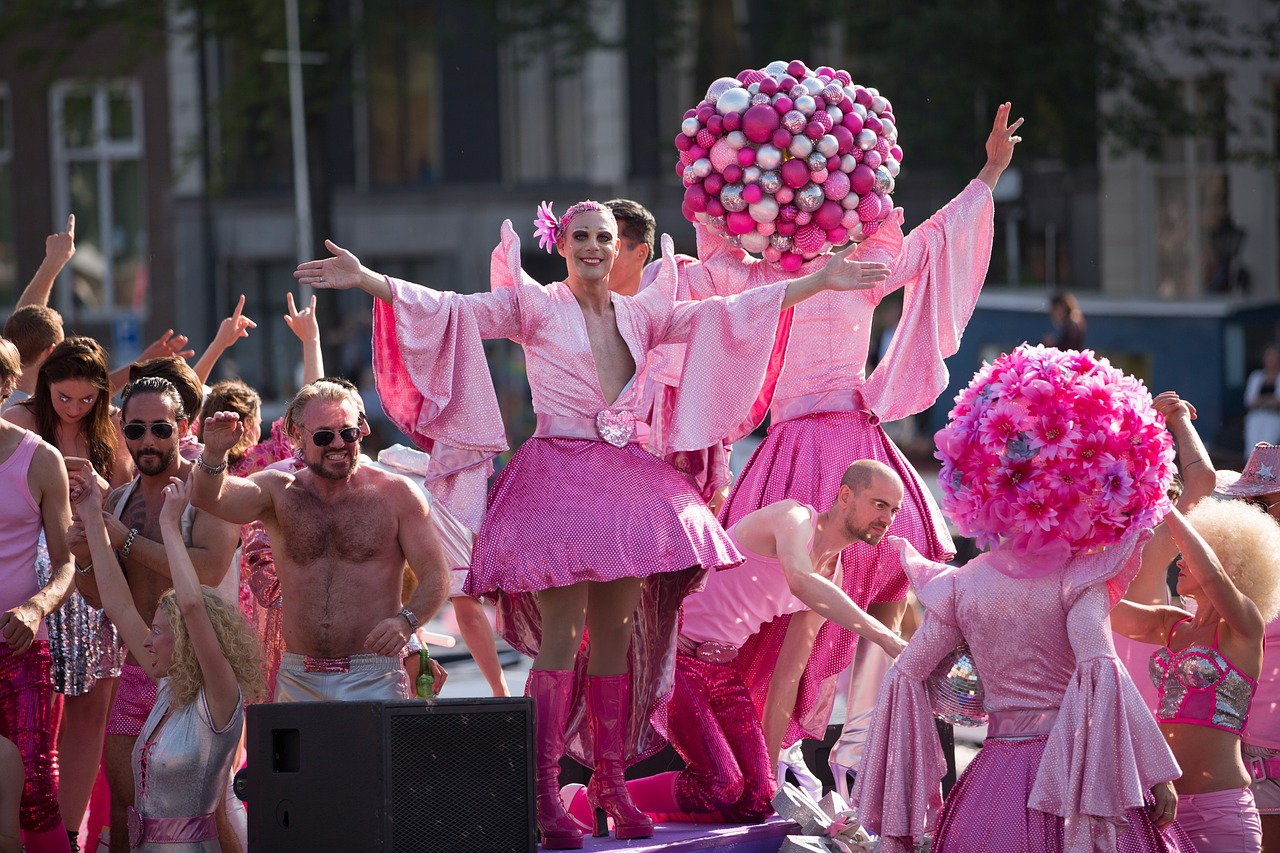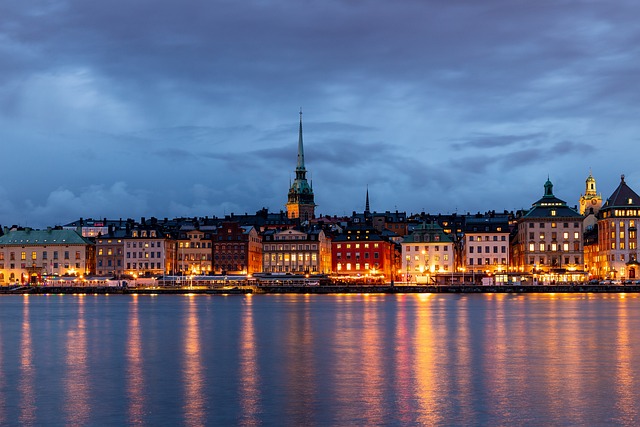 Many Swedes have never been attracted to a high-tax society or multiculturalism. They feel cheated and trampled on. And more and more people have changed their minds along the way, moving from being radical to more conservative in their view of society. And now they want to stop the decay and transformation of the country. I would guess that a majority of Swedes want less immigration and fewer radical social experiments.
Many Swedes have never been attracted to a high-tax society or multiculturalism. They feel cheated and trampled on. And more and more people have changed their minds along the way, moving from being radical to more conservative in their view of society. And now they want to stop the decay and transformation of the country. I would guess that a majority of Swedes want less immigration and fewer radical social experiments.
So what is there to do? Or is it all over? Will Sweden turn into a developing country with lots of ethnic strife and violence?
Solutions exist, of course, if the political will is there.
And speaking of political will, which is often absent these days, we note that the grassroots have very little say in most Western countries. Sometimes we see protests and demonstrations, but it is very difficult to change the direction. And the democratic system rarely manages to produce candidates who are appealing or capable of changing the overall policy, whatever the reason. The people have no real influence.
A country is always heavily dependent on its elite. In the successful years 1850-1950, we had a kind of “merchant elite” rooted in classical liberalism and the politics of economic progress. They were often well educated and well read. They were optimistic about progress and believed that scientific progress would solve most of our problems. There were aesthetic guidelines and a pursuit of the beautiful and delightful, in art, architecture, literature, etc. Society had an aspiration, a direction. And the educated elite knew where they were going.
Today’s elite is nothing like yesterday’s in terms of education, motivation and general sharpness. I won’t go into details, but they lack a lot of what is required of an elite. And perhaps they are merely vassals of the real elite sitting in Brussels or Washington. Where Sweden is just a small pawn in a larger game, and the well-being of Swedish citizens is not particularly important.
The ruling class has also suffered from a kind of hubris, where Sweden, regardless of its current state, is always described as the biggest, best and most beautiful. And there is sometimes an overconfidence in Swedish culture, that it will be able to assimilate hundreds of thousands of foreigners and turn them into integrated Swedes, while at the same time looking down on native customs and traditions, describing them as non-existent. Everything is borrowed from outside. And it is precisely this kind of relativism, which may not even fit in childrens sandboxes, that corrupts public discourse, debates and discussions. We see an extreme infantilization, where the authorities now speak slowly and overly clearly, like female social workers in their 50s who long for the cats and boxed wine after their public theatre performances. Childishness, ignorance and fear of conflict divided Sweden.
A real elite, who loved and cherished their people, had immediately introduced a migration freeze, repatriation policy, and revoked citizenships issued under false premises. They would also start cutting benefits for the lifestyle unemployed, offering them food stamps or low-wage jobs in government infrastructure construction. And taxes would be radically reduced as public spending was curtailed. And business-friendly policies, where trusted international companies are offered good conditions in Sweden.
This is not so difficult. It is definitely easier than building a rich nation out of small towns, lonely farms, forests, swamps and hand-dug mine shafts, as the Swedes did 150 years ago.







